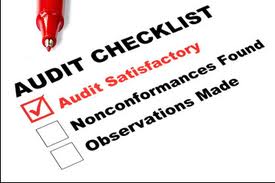For background on this question See CFPB SUPERVISORY HIGHLIGHTS, ISSUE 30 – (SUMMER 2023)
Here is the issue. The CFPB said compensation cannot vary (from a MLO Comp Plan Exhibit) on a brokered loan versus an in-house loan where the broker offers a substantially similar product.
The CFPB wrote “Regulation Z generally prohibits compensating mortgage loan originators in an amount that is based on the terms of a transaction. It defines a term of a transaction as “any right or obligation of the parties to a credit transaction.” And it provides that a determination of whether compensation is “based on” a term of a transaction is made based on objective facts and circumstances indicating that compensation would have been different if a transaction term had been different. Accordingly, in the preamble to the CFPB’s 2013 Loan Originator Final Rule, the CFPB clarified that it is “not permissible to differentiate compensation based on credit product type, since products are simply a bundle of particular terms.” As part of their business model, institutions brokered-out certain mortgage products not offered in-house.
For example, the institutions used outside lenders for reverse mortgage originations, but had their own in-house cash-out refinance mortgage product. Examiners determined that the institutions used a compensation plan that allowed a loan originator who originated both brokered-out and in-house loans to receive a different level of compensation for the brokered out loans versus in-house loans. By compensating differently for loan product types that were not offered in-house, the entities violated Regulation Z by basing compensation on the terms of a transaction. In response to these findings, the entities have since revised their loan originator compensation plans to comply with Regulation Z.”
This means if you choose to broker out the loan you must stick to the same MLO comp plan exhibit you use for in-house individual MLO commission calculation. If you are a broker origination organization, this just means stick to the comp plan exhibit because 100% of your loans are brokered out.
If you don’t OFFER the type of loan you are brokering out, this gets grey and you should have a consistent formula you use to calculate what the MLO will earn on a loan not part of your usual bundle of products. The grey comes in where you note the CFPB used reverse mortgages as an example and stated they thought a reverse mortgage was essentially the same as a cash out refinance. I cannot even begin to explain that conclusion.
Take note of this. The CFPB said “By compensating differently for loan product types that were not offered in-house, the entities violated Regulation Z by basing compensation on the terms of a transaction.” This seems to endorse the bucket concept used by most of you out there.
Respectfully,
Nelson A. Locke, Esq
(800) 656-4584



 If the rest of you are nervous I only have two things to say.
If the rest of you are nervous I only have two things to say.












